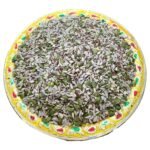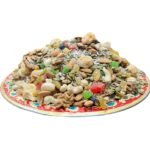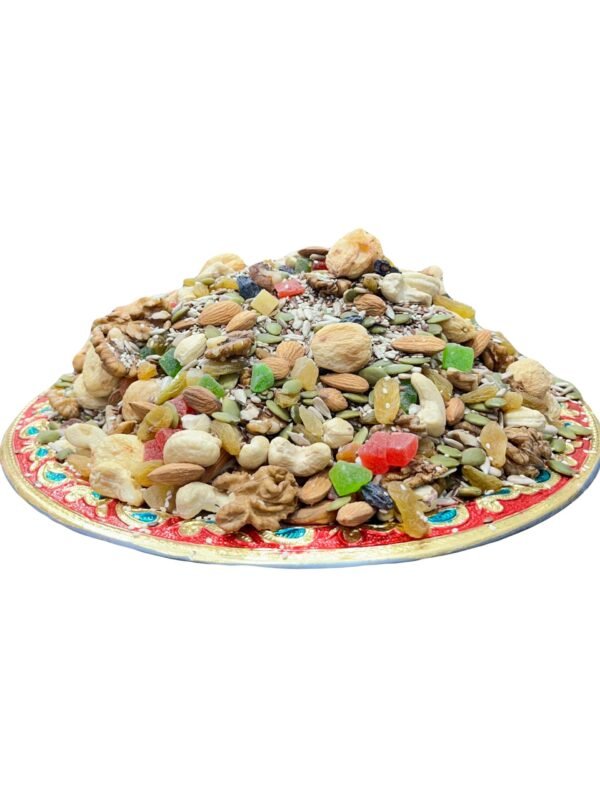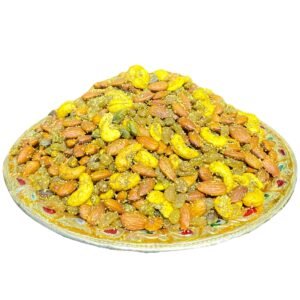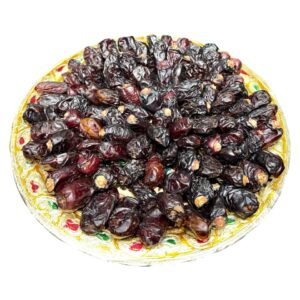Description
Understanding the Nutritional Value of Nuts and Seeds
Nuts and seeds are often regarded as nutritional powerhouses due to their diverse array of health-promoting nutrients. Each type of nut and seed possesses a unique nutritional profile that contributes to various aspects of health. They are rich in macronutrients, with a favorable balance of proteins, healthy fats, and dietary fiber. For instance, almonds and walnuts are excellent sources of protein, while flaxseeds and chia seeds are notable for their high omega-3 fatty acid content.
The healthy fats present in nuts and seeds are predominantly monounsaturated and polyunsaturated fats, which are known for their heart-protective effects. These fats can help lower LDL cholesterol levels and improve cardiovascular health, making nuts like pistachios and macadamia nuts particularly beneficial for heart health. In addition to macronutrients, nuts and seeds are abundant in micronutrients such as vitamins E, B, magnesium, zinc, and selenium, all of which play crucial roles in metabolic functions and overall health maintenance.
Beyond vitamins and minerals, nuts and seeds also contain beneficial phytochemicals and antioxidants. These compounds, including flavonoids and phenolic acids, are known for their anti-inflammatory and antioxidant properties, which may help protect against chronic diseases. For example, walnuts are rich in antioxidants, while pumpkin seeds provide a good source of magnesium and zinc, contributing to health benefits such as improved immune function and better bone health.
Incorporating a variety of nuts and seeds into daily diets can be achieved in numerous ways. Adding sunflower seeds to salads, snacking on a hand
ful of mixed nuts, or blending almond butter into smoothies are simple ways to boost nutritional intake. By understanding the nutritional value of these foods, one can appreciate the myriad health benefits they provide, making them an essential component of a balanced diet.
Incorporating a Mixture of Nuts and Seeds into Your Diet
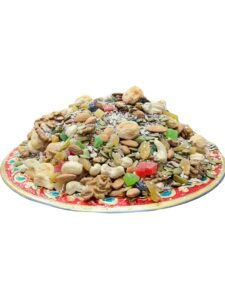
Incorporating a mixture of nuts and seeds into your daily diet can be both enjoyable and rewarding. Due to their rich nutrient profile, these foods are incredibly versatile and can be used in various ways. For a quick and healthy snack, consider creating your own trail mix by combining your favorite nuts,
such as almonds and walnuts, with seeds like pumpkin or sunflower seeds. This blend not only serves as a delicious treat but also provides a balanced source of protein, healthy fats, and essential vitamins.
Another effective method to include nuts and seeds in your meals is through smoothies. Adding a tablespoon of chia seeds or a sprinkle of flaxseeds can enhance the nutritional value without altering the flavor significantly. These small seeds are rich in omega-3 fatty acids and fiber, making them an excellent addition to your morning routine. You can also stir-ground nuts, such as almonds or cashews, into oatmeal, yogurt, or salads for an added crunch and a nutrient boost.
Portion control is essential when consuming nuts and seeds, as their calorie density can lead to overconsumption. A handful (approximately 1 ounce) is a recommended serving size. If you are preparing meals, consider integrating these nutritious elements into dishes like stir-fries, where you can use crushed peanuts or sesame seeds as toppings, adding both texture and flavor.
Storage is key to maintaining the freshness of nuts and seeds. Ideally, keep them in an airtight container in a cool, dark place or refrigerate them to prolong shelf life. For those with nut allergies, numerous alternatives are available. Seeds, such as sunflower or pumpkin seeds, can mimic the crunch of nuts and offer similar health benefits. By thinking creatively about where to incorporate a mixture of nuts and seeds, everyone can enjoy their nutritional advantages.



